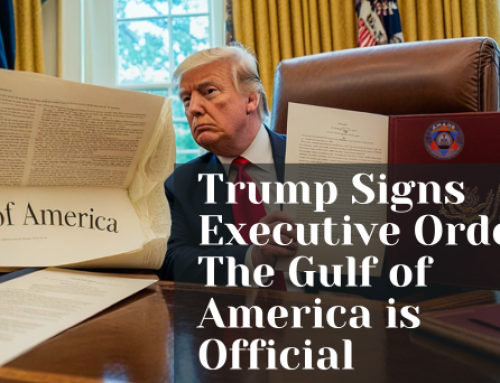There are several rules and requirements that must be followed in order to qualify for a 1031 exchange. Here are seven key rules of a 1031 exchange:
- Like-Kind Property: The new property being acquired in the exchange must be of a like-kind to the property being sold. The term “like-kind” refers to the nature and character of the property, not its quality or condition.
- Investment or Business Property: Both the property being sold and the property being acquired must be held for investment or business purposes. Personal-use property does not qualify.
- Identification Period: The taxpayer has 45 days from the date of sale to identify potential replacement properties.
- Exchange Period: The exchange must be completed within 180 days from the date of sale, or by the due date of the taxpayer’s tax return, whichever is earlier.
- Use of Qualified Intermediary: A qualified intermediary must be used to facilitate the exchange. The taxpayer cannot receive the proceeds from the sale of the original property and must not have actual or constructive receipt of the funds.
- Reinvestment of All Proceeds: All proceeds from the sale of the original property must be reinvested in the replacement property in order to defer all taxes.
- Value and Equity: The value and equity of the replacement property must be equal to or greater than the property being sold. If the replacement property is of lesser value or equity, the taxpayer will be required to pay taxes on the difference.
It’s important to note that there are additional rules and requirements that must be followed in order to qualify for a 1031 exchange, and it’s recommended to work with a qualified intermediary or tax professional to ensure compliance with these rules. Failure to meet these requirements could result in disqualification of the exchange and a tax liability for the taxpayer.








Leave A Comment